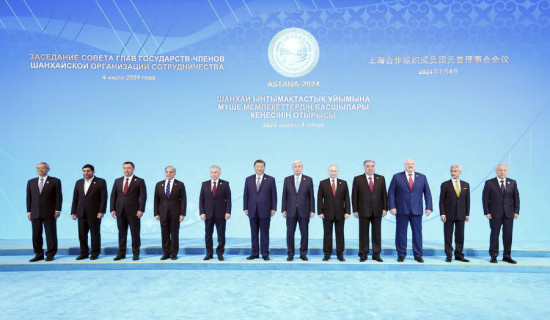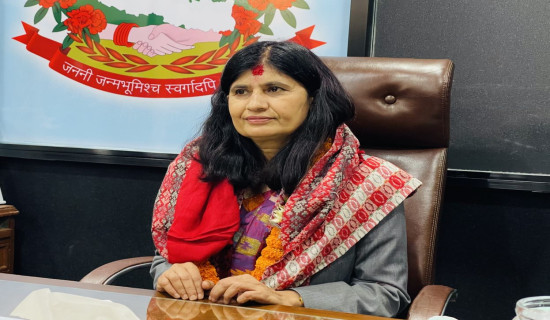- Saturday, 30 August 2025
Pass Bills Promptly
The primary task of the federal parliament is to formulate laws as per the needs of the country. This vital legislative role of parliament takes a back seat or is sometimes disrupted when its focus shifts to the formation of government. Nonetheless, such deviations are understandable when there is political instability. Such instability arises when no single party holds a majority in the parliament or internal bickering mars the unity of the party that has the majority of lawmakers. However, such oddity must not be an excuse for the delays in framing vital laws needed for effective service delivery and maintaining law and order. The present coalition government comprising Nepali Congress and CPN-UML, formed one year ago, has promised to deliver stability, good governance and prosperity. For this, it has expressed commitment to endorse the crucial bills from the parliament to strengthen federalism.
However, main ruling parties have been divided on some provisions of the bills related to School Education, Civil Service, Land, Constitutional Council, and the Commission for Investigation of Abuse of Authority. The mistrust between the NC and UML has grown over the content of the Bill to Amend Some Nepal Acts Related to Land 2082 and the Federal Civil Service Bill, 2082. One coalition partner – Janata Samajbadi Party – has already quit the government over its differences on the Land Bill, which the UML wants to pass through fast track. NC has demanded clause-wise discussions on the provisions of the bill in the concerned parliamentary committee, while the UML insisted on discussing them in the meetings of the House of Representatives before their passage.
The NC has claimed that the Land Bill contains loopholes that can be misused to meet the vested interests of some persons. The existing law does not allow real estate companies to develop and sell plots, houses or apartments on land within the limits set by the government but the bill seeks to remove this restriction. Similarly, it aims to provide land to Dalits, landless squatters and manage unplanned settlements. But the NC argues that the land in forests and intermediate areas can be misused in the name of giving to unsettled residents. Similarly, the UML and NC lawmakers have been sharply divided on the Federal Civil Service Bill over the cooling-off period. The NC wants to put a two-year cooling-off period but some UML lawmakers have registered amendments to remove it in the National Assembly, where it is under discussion.
Now, a parliamentary committee is investigating the tampering with the provision of the bill. Sometime back, the House of Representatives approved it, but the insertion of a provision that invalidates the State Affairs and Good Governance Committee's decision to keep a 2-year cooling-off period for the bureaucrats who retire or resign has raised uproar in the House. Despite increasing pressure, there has been a delay in the approval of the School Education Bill as the Nepal Teachers’ Federation has demanded that the government include the points of the agreement reached with it. In the deal, the security for temporary teachers, clear promotion pathways, and recognition of early childhood educators and institutional school staff should be guaranteed. Now the ruling partners should sit together to thrash out the conflicting provisions of those bills to pass them as early as possible. The delay in their endorsement will only give a negative message to the people.



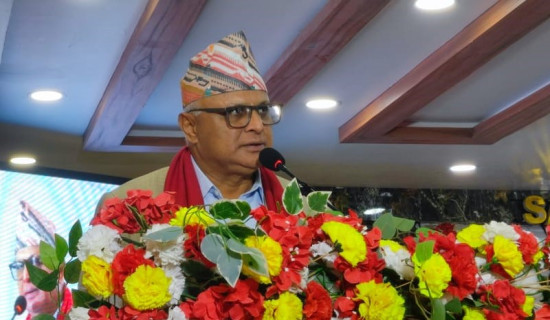
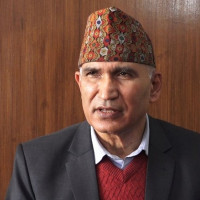
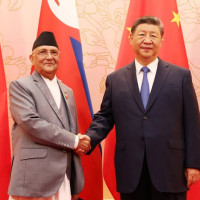

-square-thumb.jpg)

